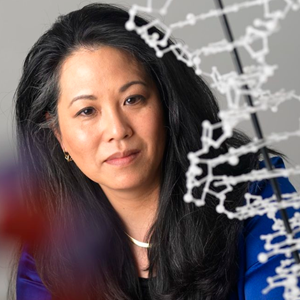Cancer Data Science Pulse
The Cancer Data Science Pulse blog provides insights on trends, policies, initiatives, and innovation in the data science and cancer research communities from professionals dedicated to building a national cancer data ecosystem that enables new discoveries and reduces the burden of cancer.
Categories
- Data Sharing (64)
- Informatics Tools (38)
- Training (38)
- Genomics (35)
- Data Standards (34)
- Data Commons (32)
- Precision Medicine (30)
- Data Sets (25)
- Machine Learning (22)
- Seminar Series (22)
- Artificial Intelligence (19)
- Imaging (12)
- Leadership Updates (12)
- High-Performance Computing (HPC) (9)
- Policy (9)
- Jobs & Fellowships (7)
- Funding (6)
- Proteomics (5)
- Semantics (5)
- Information Technology (2)
- Publications (2)
- Awards & Recognition (1)
- Childhood Cancer Data Initiative (1)
- Request for Information (1)

